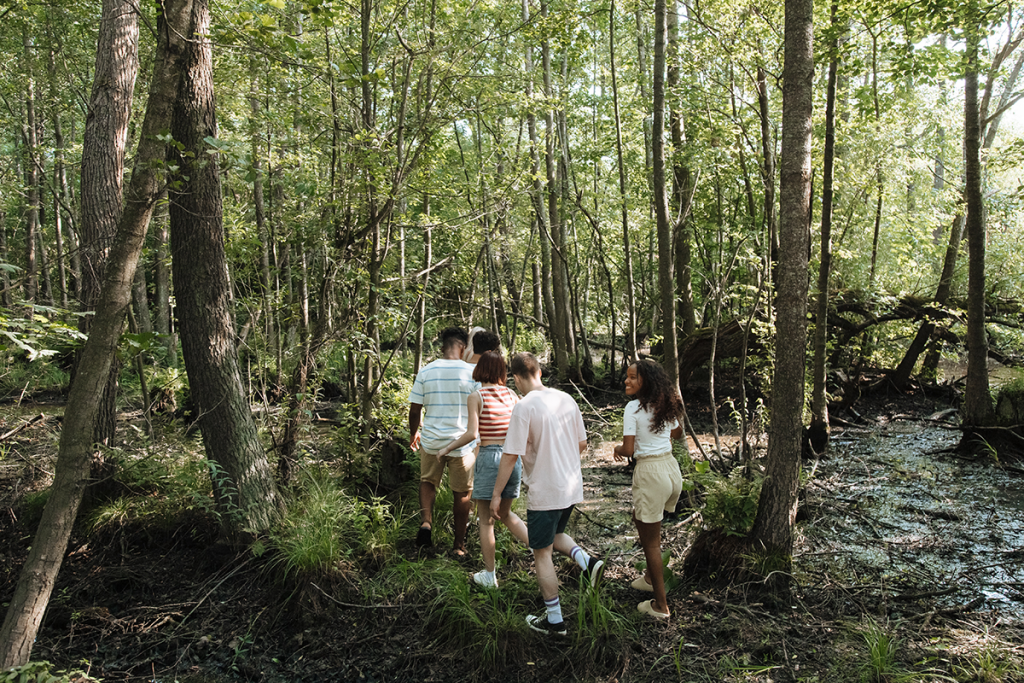
Last summer, I glimpsed what I hoped would be the future.
It was around 3:30 pm, peak time for children from the large, inner-city secondary school near my house to walk home. On a traffic-free street a group of boys were messing around when one of them stopped, crouched down, and for a fleeting moment looked at a ‘weed’ growing in the gutter. Bristol City Council hadn’t sprayed the streets with herbicide that year and a profusion of wildflowers delighted the eye – beauties such as red valerian, fever few, herb robert, buttercup and daisy. I would guess this boy was around 13 or 14 years old and he appeared to be fascinated by a common flower.
It didn’t last long; he was soon called on by his friends and they disappeared. That image, though, has stayed with me. The game-changing message embodied in the new GCSE in Natural History was made manifest in a teenager, a flower and a city street. Allow me to give it context.
Seeing a teenager looking at a flower is surprising because society as a whole, and young people in particular, are more disconnected from nature than at any other time in history. Most young people have little knowledge about, or contact with, the wildlife around them, even the most common species. In 2016, research showed three-quarters of children in the UK spent less time outside than prisoners, and that more than one in nine children in England had not visited a park, forest, beach or any other natural environment for at least 12 months.[1] Young people have lost a meaningful relationship with the natural world.
Erasure of wild spaces